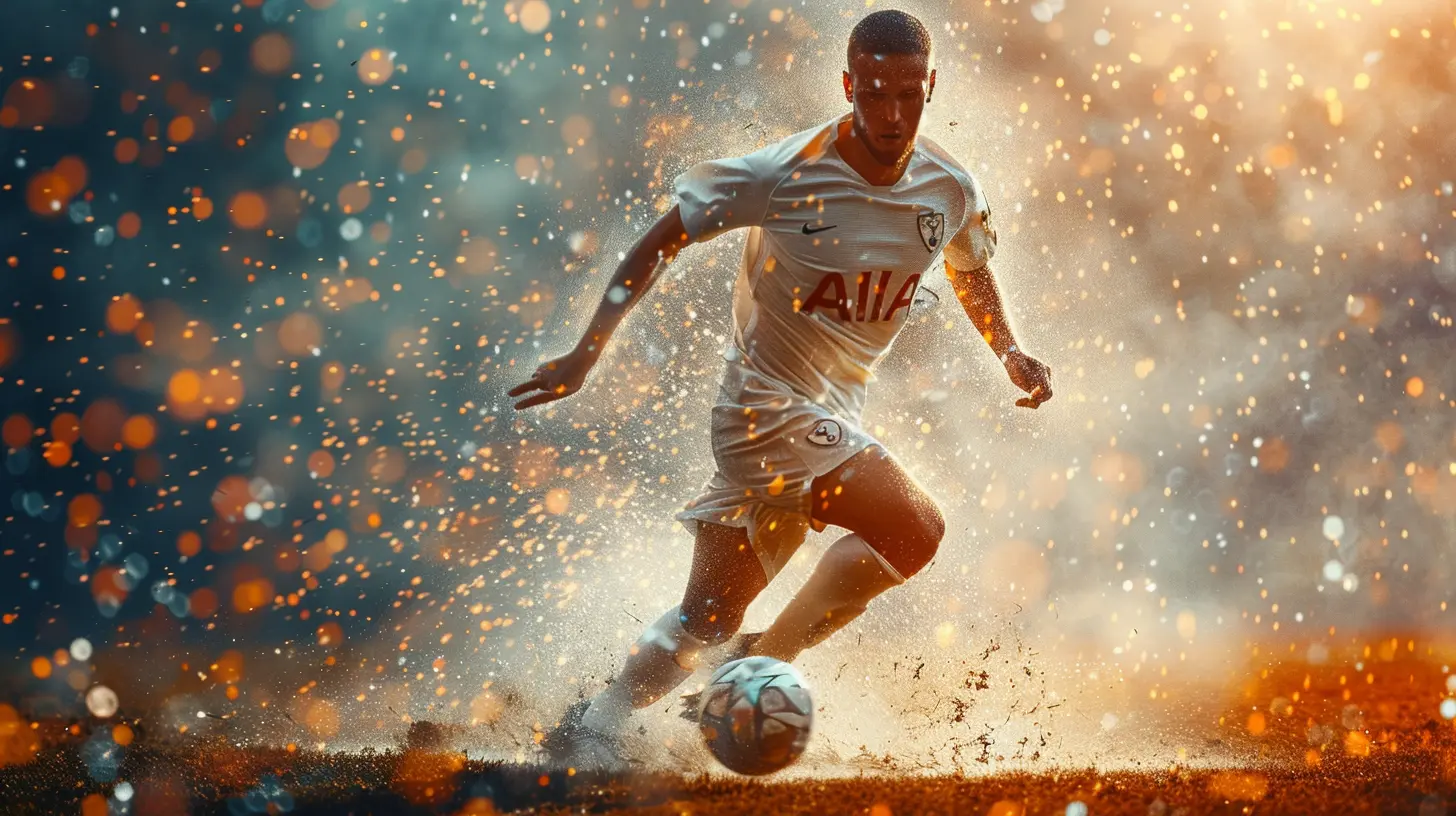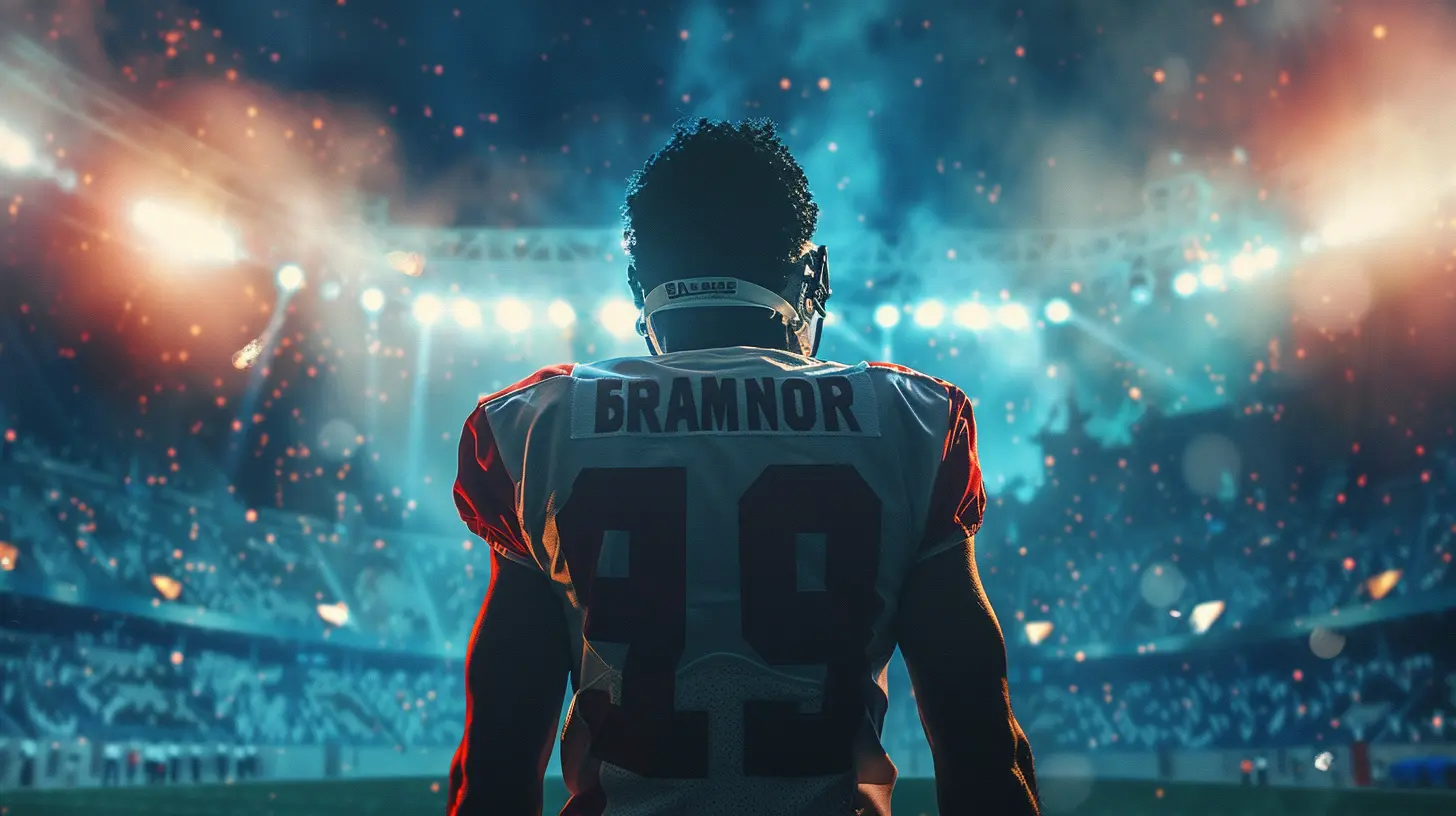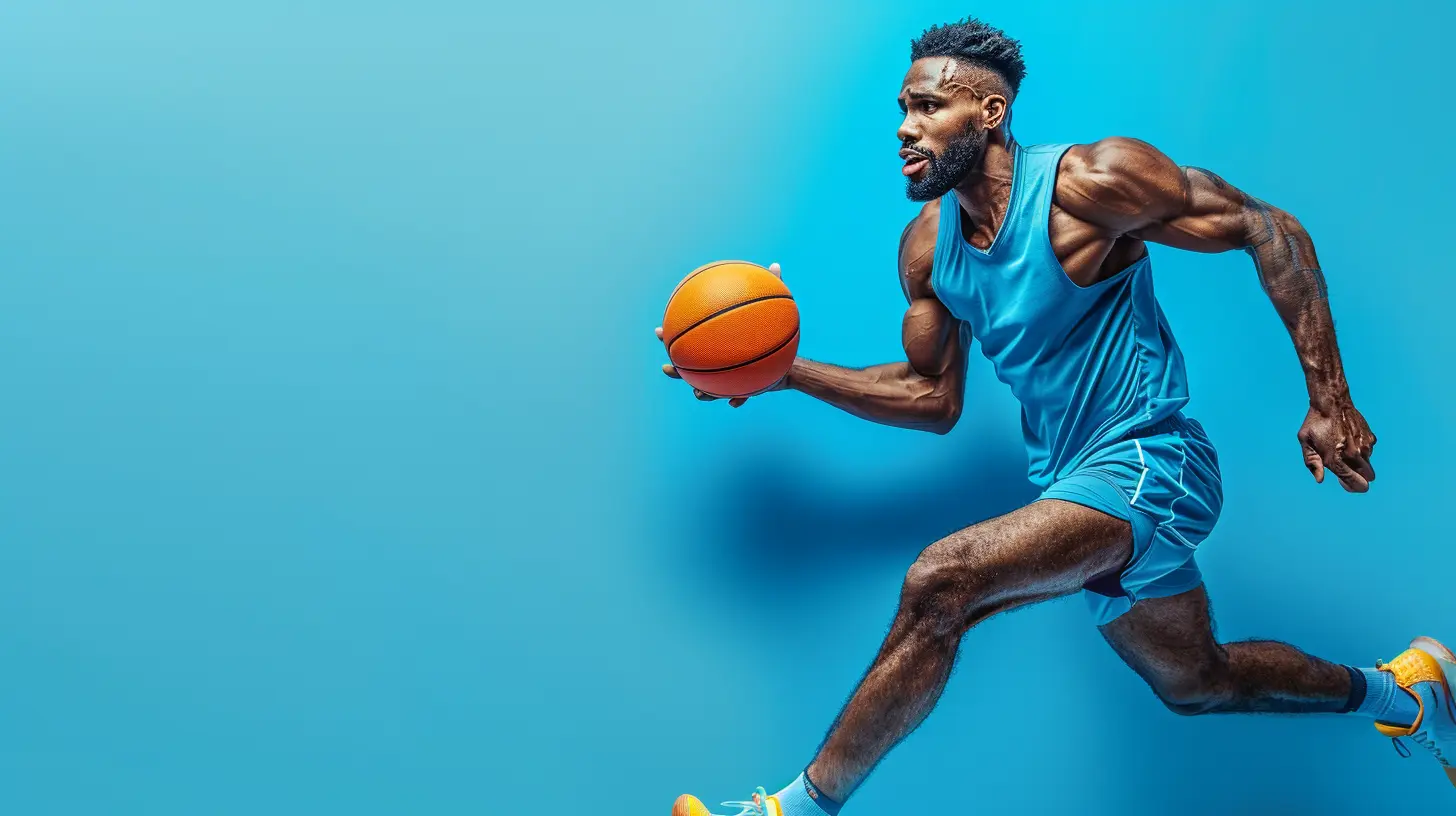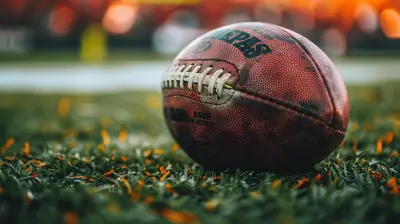The Psychology Behind Athlete Endorsements and Consumer Trust
5 October 2025
Can you think of a time when you saw your favorite athlete—maybe Serena Williams, Tom Brady, or LeBron James—promoting a product and thought, “If it’s good enough for them, it’s good enough for me”? You’re not alone. There’s a deep psychological current that flows behind athlete endorsements and our trust in them. And guess what? It’s not just about the cool gear or flashy commercials. It runs deeper, tapping into how our brains are hardwired.
So grab your favorite protein shake (because LeBron said it’s fire?), and let’s check out what’s really going on up there in our minds when Kevin Durant tells us to lace up Nikes or Simone Biles swears by a skincare brand.
What Makes Athlete Endorsements So Powerful?
Let’s be honest. When an athlete slaps their face on a box of cereal or pairs up with a sports drink, it’s not just about marketing—it’s about influence. Athletes are more than just top performers. They’re cultural icons.Trust the Champ: Authority in Action
Think about it—athletes train hard, stay disciplined, push boundaries, and literally sweat for their success. That kind of dedication earns credibility. When they recommend a product, it feels legit. You trust your fitness coach, right? Athletes are like global fitness coaches, just with more bling and maybe their own sneaker line.This is basic psychology 101: we’re wired to trust authority figures. Someone’s good at what they do? We believe they know what they’re talking about—even if it has nothing to do with their actual profession. It’s like asking your dentist which car to buy. If he’s got a winning smile and a confident answer, you might just end up driving off in that sedan he loves.
Social Proof on Steroids
Ever heard of "social proof"? It’s this nifty little psychological trigger that says we tend to follow the actions of others—especially when we’re unsure. Now multiply that by, say, 50 million Instagram followers. Boom. That’s social proof on steroids.When an athlete promotes a product, their massive audience sees it, likes it, shares it, and before you know it, you're Googling it. We think: “If it works for her and millions of fans are raving, maybe I should try it too.”
The Halo Effect: When Greatness Rubs Off
Let’s play a quick game. If I say “Michael Jordan,” what pops into your head? Basketball legend? G.O.A.T.? Winner? All-around cool guy?Now think about Air Jordans. Even if you’ve never touched a basketball, you probably associate them with all of MJ’s superstar qualities. That, my friend, is the halo effect in action.
What Is the Halo Effect?
The halo effect is a cognitive bias (fancy word for mental shortcut) where one positive trait overshadows everything else. Basically, because an athlete is successful and admired, we assume everything connected to them is awesome too—including the products they endorse.When Steph Curry says he’s teaming up with a tech brand to launch earbuds, you’re not just buying sound quality. You’re buying a piece of Curry’s focus, determination, and clutch performance—at least, it feels that way.
Emotional Connections: More Than Just Sales
Athlete endorsements don’t only trigger trust and admiration. They tap into our emotions. And emotions drive behavior—especially buying behavior.Rooting for the Hero
When we follow an athlete’s journey—their wins, losses, comebacks, and tears—we build a story in our minds. They become our heroes, our role models, sometimes even our imaginary homies. So naturally, when they put their name on something, we want to support them.It’s like buying merch from your favorite band. You’re not just buying a T-shirt; you’re buying into the story, the struggle, the dream.
Nostalgia: A Sneaky Power Player
Remember the athletes you idolized as a kid? They’re probably still hanging around your memory banks—and your shopping cart. Marketers know this.By bringing in veteran athletes for endorsements, brands subtly whisk us back to simpler times. That old-school Nike ad with Bo Jackson? Boom—instant nostalgia. And yes, nostalgia sells like hotcakes.
Matching the Right Athlete With the Right Product
Okay, so not all endorsements hit the mark. Ever seen a cringey athlete ad that made you go, “What were they thinking?” Yeah, us too.Credibility Is Key
When an athlete endorses a product that aligns with their personal brand, it's a match made in marketing heaven. Picture this:- An Olympic swimmer promoting a waterproof smartwatch? Makes sense.
- A tennis pro pushing energy bars? Totally believable.
- A football player endorsing a luxury perfume line? Mmm... not so much.
To make consumers trust a product, the endorsement has to feel genuine, not forced. When it feels fake, consumers press the mental “unsubscribe” button.
Authenticity vs. The Sell-Out Label
We see through the smoke and mirrors. If an athlete jumps on every sponsorship that waves a paycheck, people start to lose faith. Remember, trust is fragile. Build it up with authentic partnerships, and fans will follow.It’s like dating—you wouldn’t trust someone who’s constantly flirting with everyone in sight, right? Same idea.
The Rise of Social Media and Athlete Influencers
Once upon a time, endorsements were limited to TV commercials and magazine ads. Now, it’s all about Instagram reels, TikTok collabs, and YouTube vlogs.Direct Access = Stronger Connection
Today, athletes post in real-time, share their routines, and let fans peek behind the curtain. That kind of access breeds trust. You feel like you actually know them. So when they say, “This recovery drink really works,” it’s not a faceless ad—it’s advice from a friend (well, kind of).Social media makes endorsements more personal and more persuasive. It’s no longer just celebrity worship—it’s community building.
Micro-Influence, Macro Impact
Even athletes with smaller followings can have a massive impact. Why? Because their engagement is often through the roof. Fans comment, question, and share, making it a two-way street instead of a billboard. That interaction fuels even stronger levels of trust.When Athlete Endorsements Backfire (Yep, It Happens)
Unfortunately, not all athlete endorsements end in gold medals and dollar signs. Sometimes, they crash and burn—hard.Scandals and Slip-Ups
Let’s not name names, but when a once-loved athlete messes up—through scandals, controversies, or meltdowns—consumers reassess everything they touch. Brands get burned, fast.Trust is like a balloon. It takes time to blow up, but one sharp poke and pop!—it's gone.
Over-Saturation = Less Impact
When every other post is a #sponsored shoutout, people start tuning out. It’s the “too many cooks in the kitchen” effect. Athletes who overdo endorsements can come off as cash-hungry rather than passionate.So Why Do We Keep Falling for It?
Let’s face it—athlete endorsements work. And they work because they speak to parts of us we don’t even realize are listening:- Our desire to belong
- Our admiration for greatness
- Our emotional connections to sports and memories
- Our tendency to trust those we respect
It’s not about being gullible; it’s about being human. We’re wired to connect the dots between success and trust, and athletes are the glowing, high-def illustration of that.
Wrapping It All Up: What It Means for You
Next time you’re watching a game and see your favorite athlete repping a product, take a second to think about why it pulls you in. Is it the authority? The emotion? The status? A mix of all of the above?Athlete endorsements aren’t just shiny marketing tricks. They’re grounded in rock-solid psychology. And whether you're a sneaker fanatic, a protein shake believer, or just someone who loves watching sports, you’re part of this fascinating dance between trust and influence.
So, go ahead and buy that jersey or try that energy drink. Just make sure it’s not only because your favorite player told you to 😉.
all images in this post were generated using AI tools
Category:
Brand EndorsementsAuthor:

Easton Simmons
Discussion
rate this article
1 comments
Stephanie Snyder
Trust? More like brand loyalty with a side of cash!
October 11, 2025 at 4:11 AM

Easton Simmons
While brand loyalty is indeed a factor, trust in athlete endorsements often stems from perceived authenticity and shared values, influencing consumer behavior beyond mere financial incentives.


